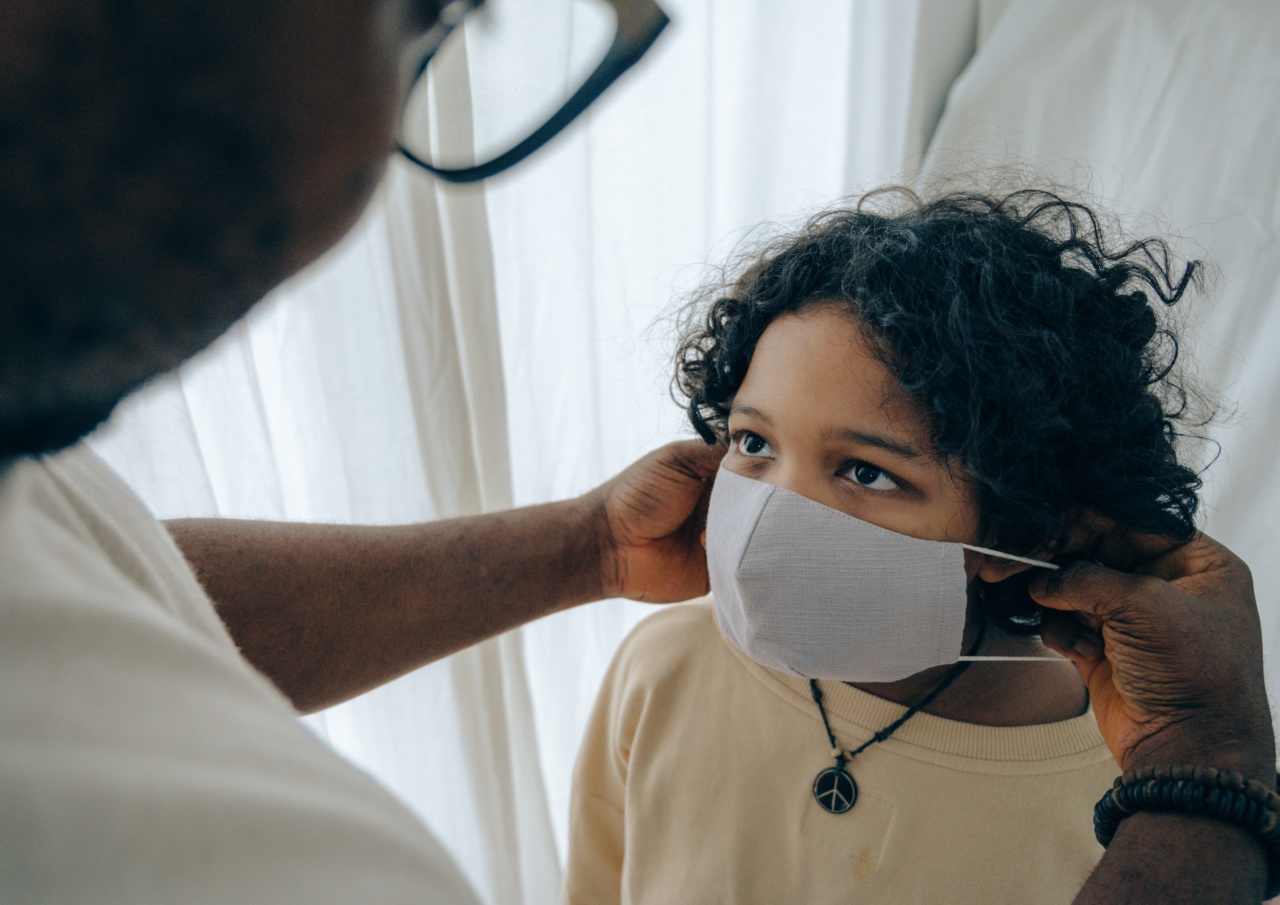Allergies are a common problem for many children around the world. They are caused by various factors, including environmental pollutants, dust, and pollen.
However, studies have recently suggested that living on a farm can help prevent allergies in children. This article will examine the link between farming and allergies, and explore the different ways that this lifestyle can reduce allergy symptoms in children.
The Theory Behind Farming and Allergies
One of the main theories behind farming and allergies is based on the idea of microbial exposure.
It is commonly known that early exposure to certain bacteria, fungi, and viruses can enhance the body’s immune system and reduce the risk of developing allergies. Studies have shown that children who grow up on farms are less likely to develop hay fever, asthma, and other allergies.
Another theory revolves around the fact that farm life exposes children to a greater range of environmental and dietary factors compared to those living in urban areas.
Children who grow up on farms are exposed to various factors, including farm animals, which can modulate their immune systems and prevent them from developing allergic diseases.
Benefits of Living on a Farm
There are several benefits of living on a farm that can help prevent allergies in children:.
- Exposure to a wide range of microbes: Children who grow up on farms are exposed to a wide range of microbes from different sources such as soil, animal feces, and hay. This exposure can help modulate their immune system and reduce their risk of developing allergies.
- Reduced exposure to pollutants: Children living in urban areas are exposed to higher levels of environmental pollutants, which can trigger allergies. Living on a farm provides them with cleaner air, water, and food, reducing their exposure to pollutants.
- Increased physical activity: Farm activities such as feeding animals, harvesting vegetables, and playing outdoors encourage physical activity. Physical activity can reduce the risk of obesity and prevent allergies.
- Healthier diet: Children living on farms tend to consume a healthier diet, which includes fresh fruits and vegetables, whole grains, and lean proteins. Healthy eating habits can reduce the risk of allergies.
- Less indoor living: Children living on farms tend to spend more time outdoors, which can reduce their exposure to indoor allergens such as dust mites, pet dander, and mold.
Proofs for the Theory
Several studies have been conducted to investigate the association between farming and allergies in children. Here are some of the findings:.
- European PASTURE study: A European study called the PASTURE study found that children who grew up on farms had a lower prevalence of hay fever and asthma compared to those living in urban areas. The study included more than 1100 children from five European countries.
- German GINI study: A German study called the GINI study found that children who grew up on farms had a reduced risk of developing asthma and allergies. The study followed more than 3000 children for six years.
- Swiss SCARPOL study: A Swiss study called the SCARPOL study found that children who grew up on farms had a lower prevalence of hay fever and atopic sensitization compared to those living in urban areas. The study included more than 2500 school children.
- American Amish study: An American study conducted among the Amish community in Indiana found that Amish children had a lower prevalence of asthma and allergies compared to children in nearby Hutterite communities who do not live on farms. The study followed more than 11,000 children.
Conclusion
Living on a farm can have several benefits for children, including a lower risk of developing allergies.
Exposure to a wide range of microbes, reduced exposure to pollutants, increased physical activity, healthier diet, and less indoor living are some of the ways that farm life can reduce allergy symptoms in children. Several studies have shown the association between farming and allergies, suggesting that this lifestyle may have a protective effect on children’s health.






























